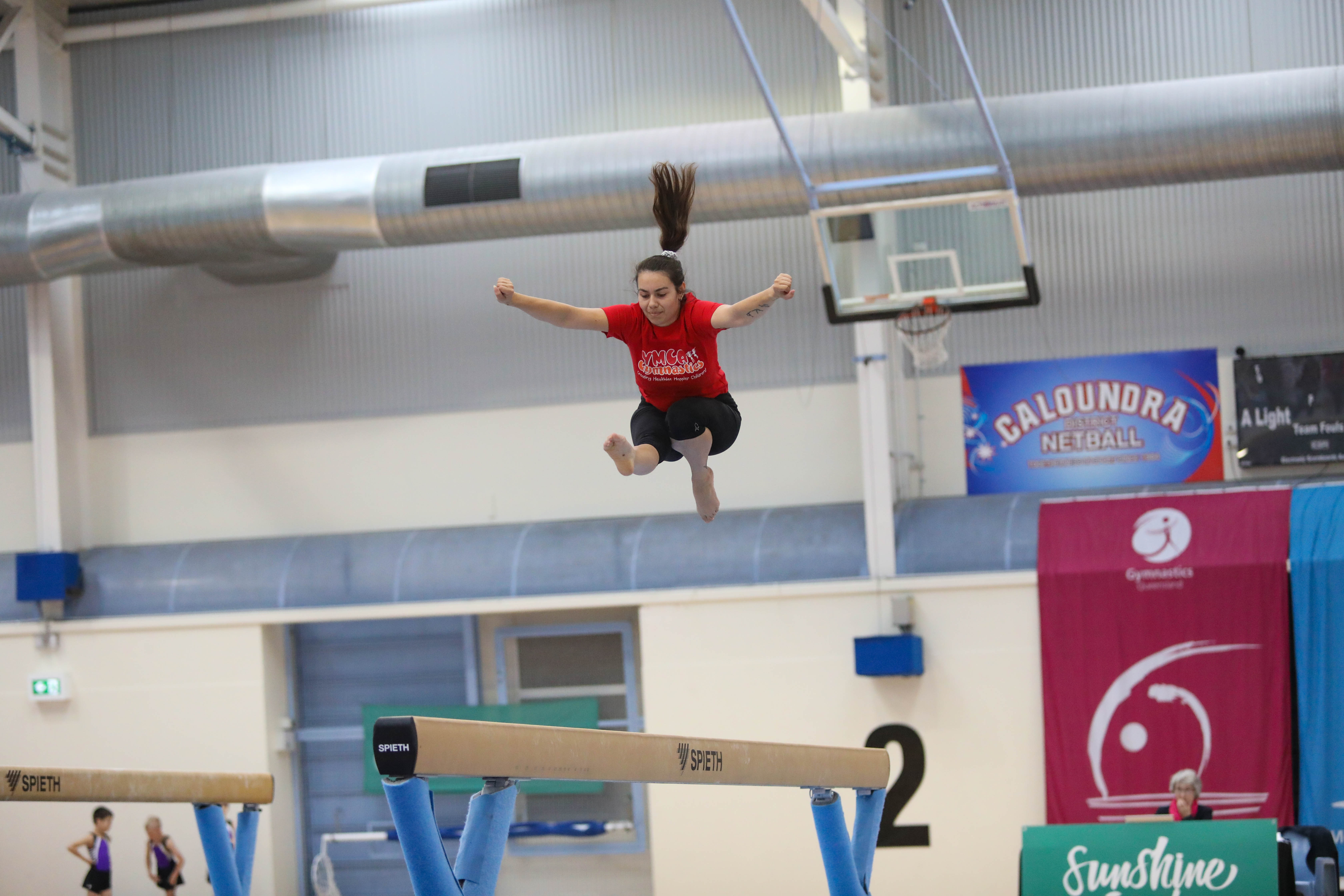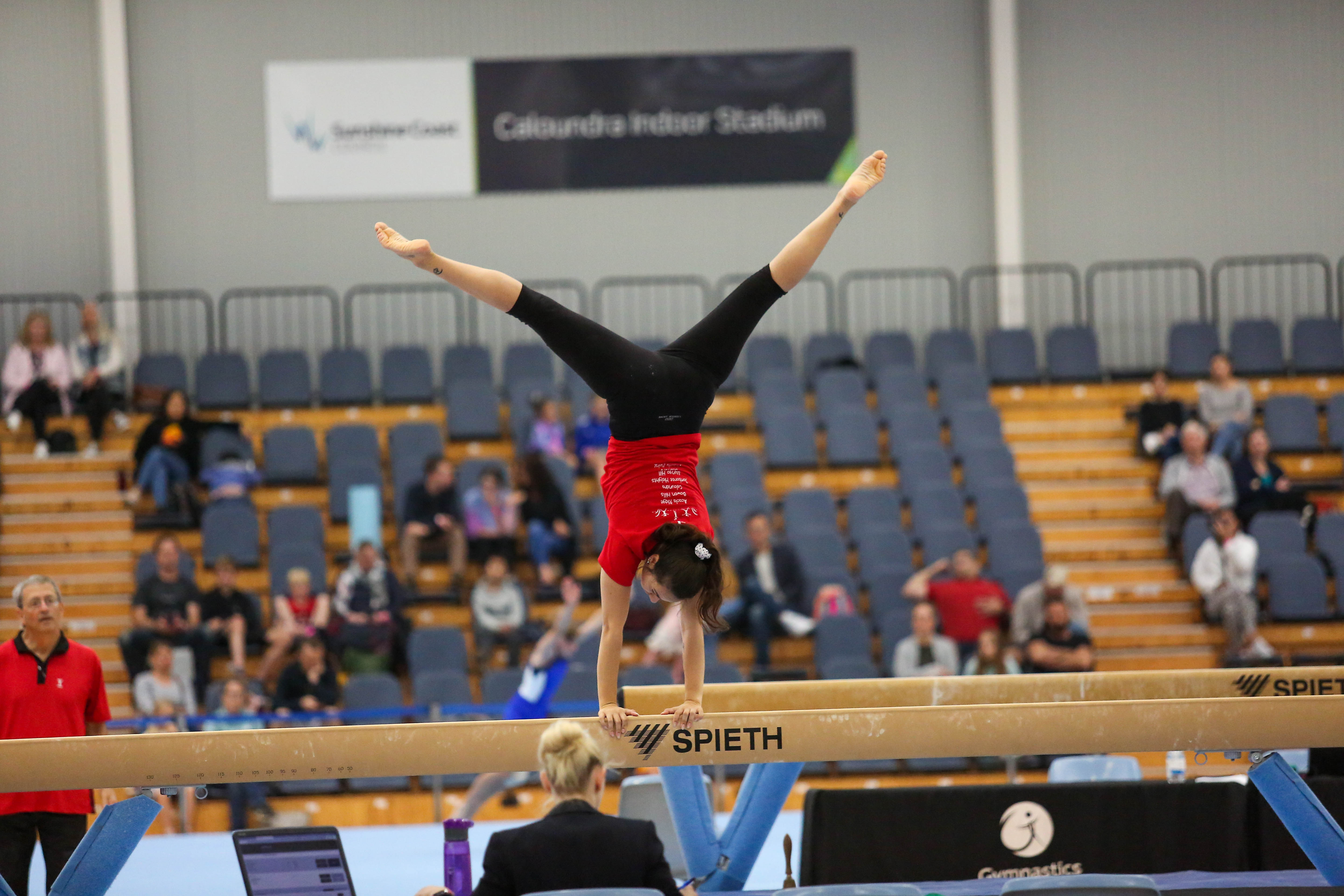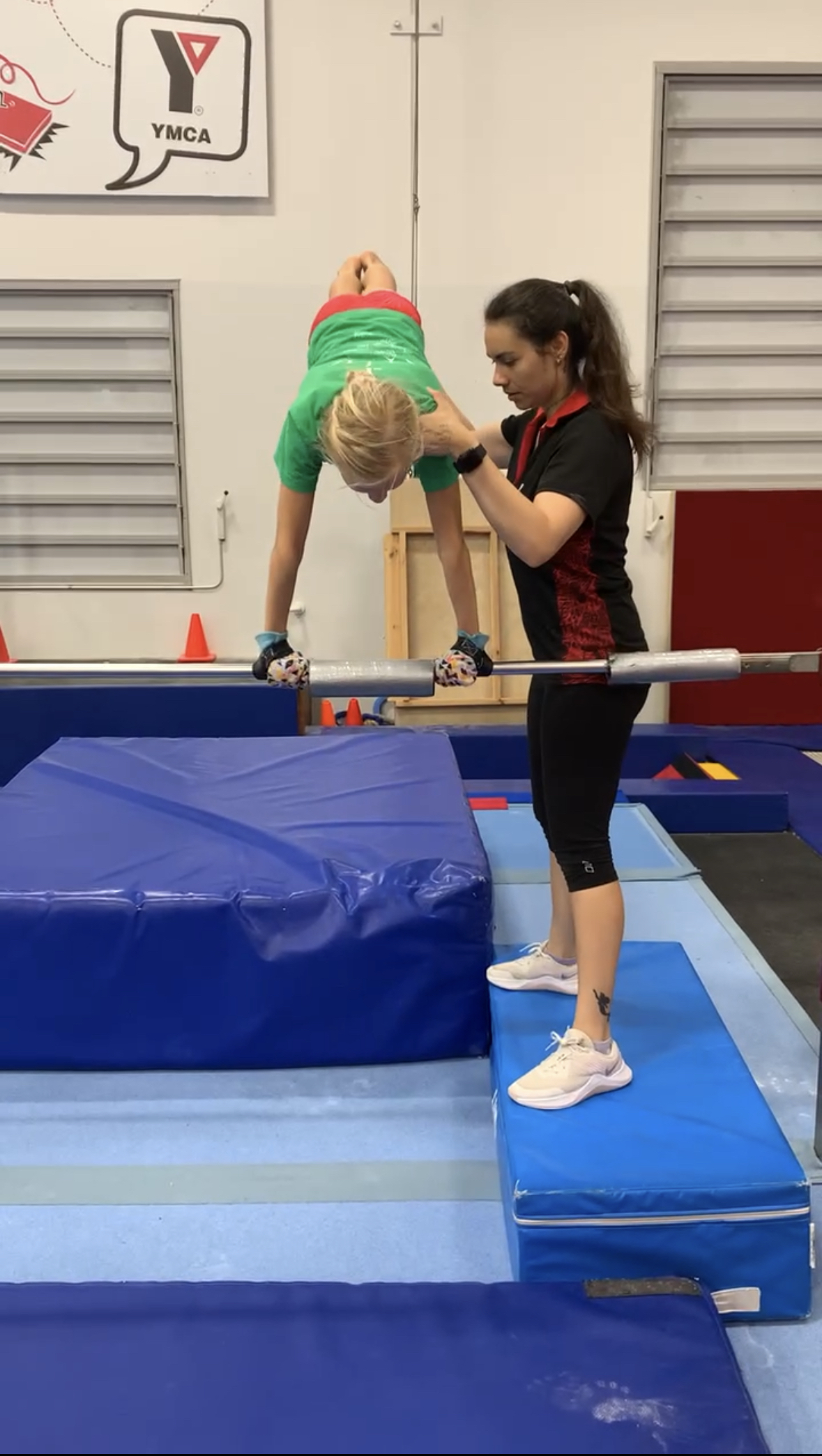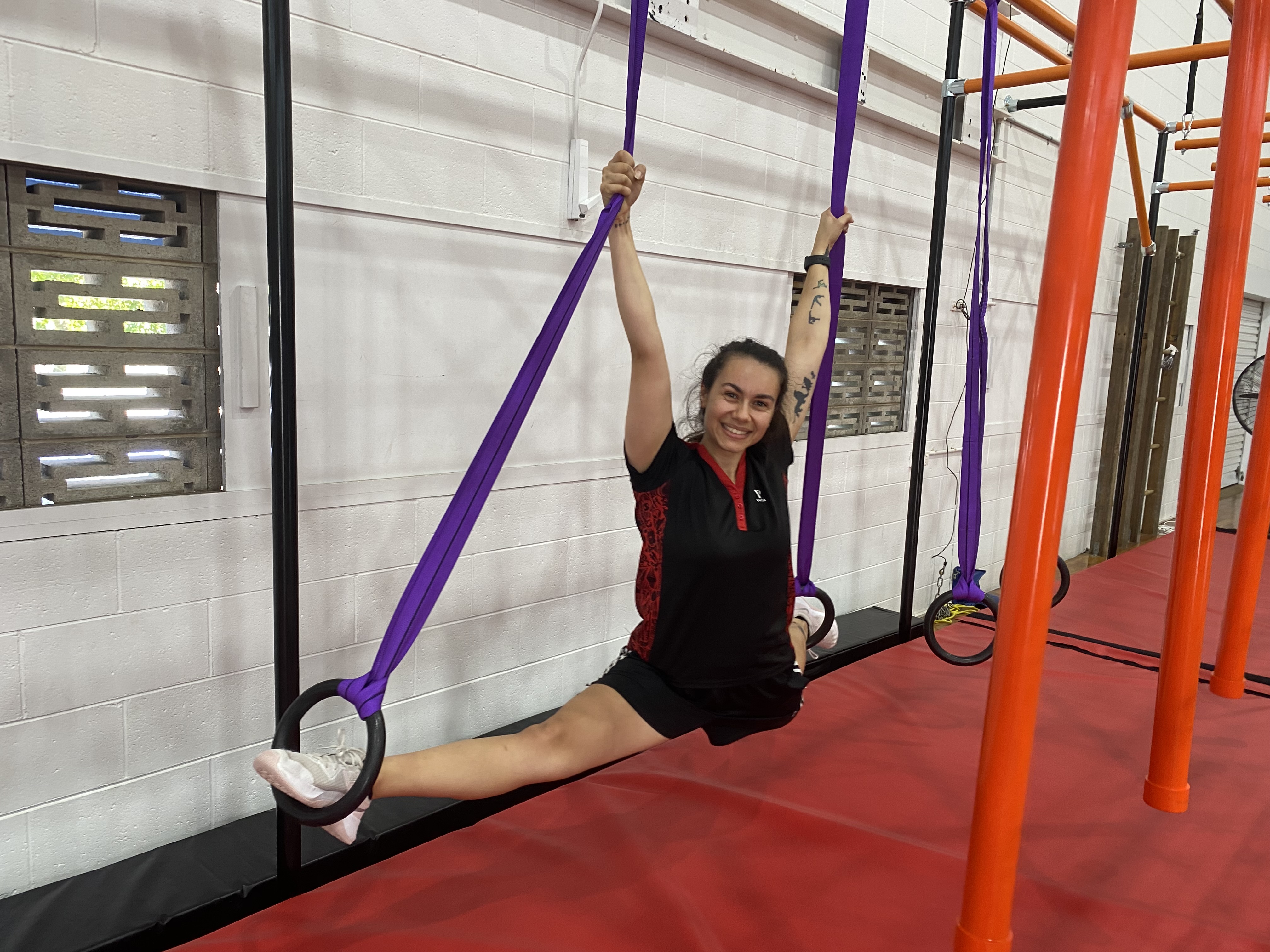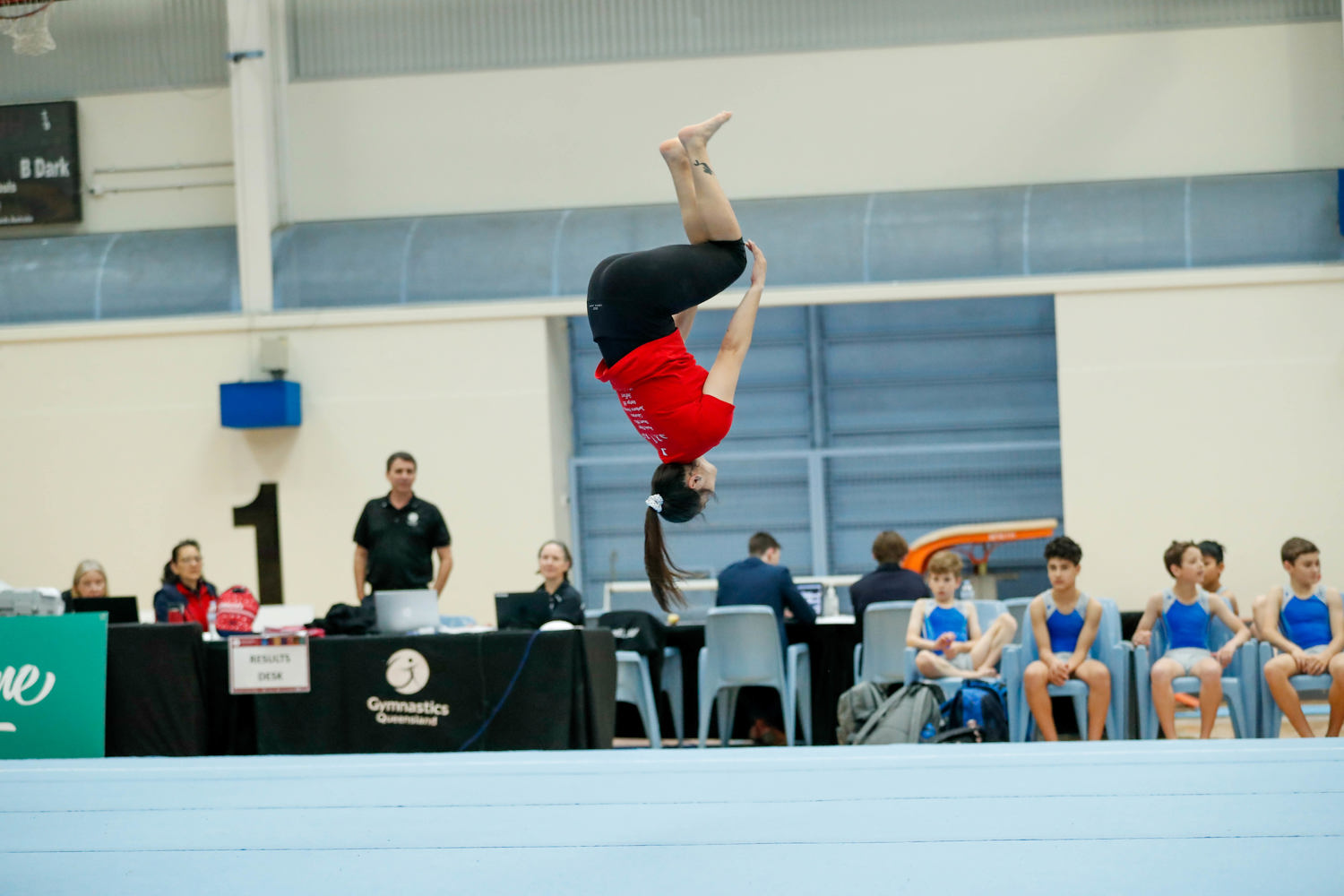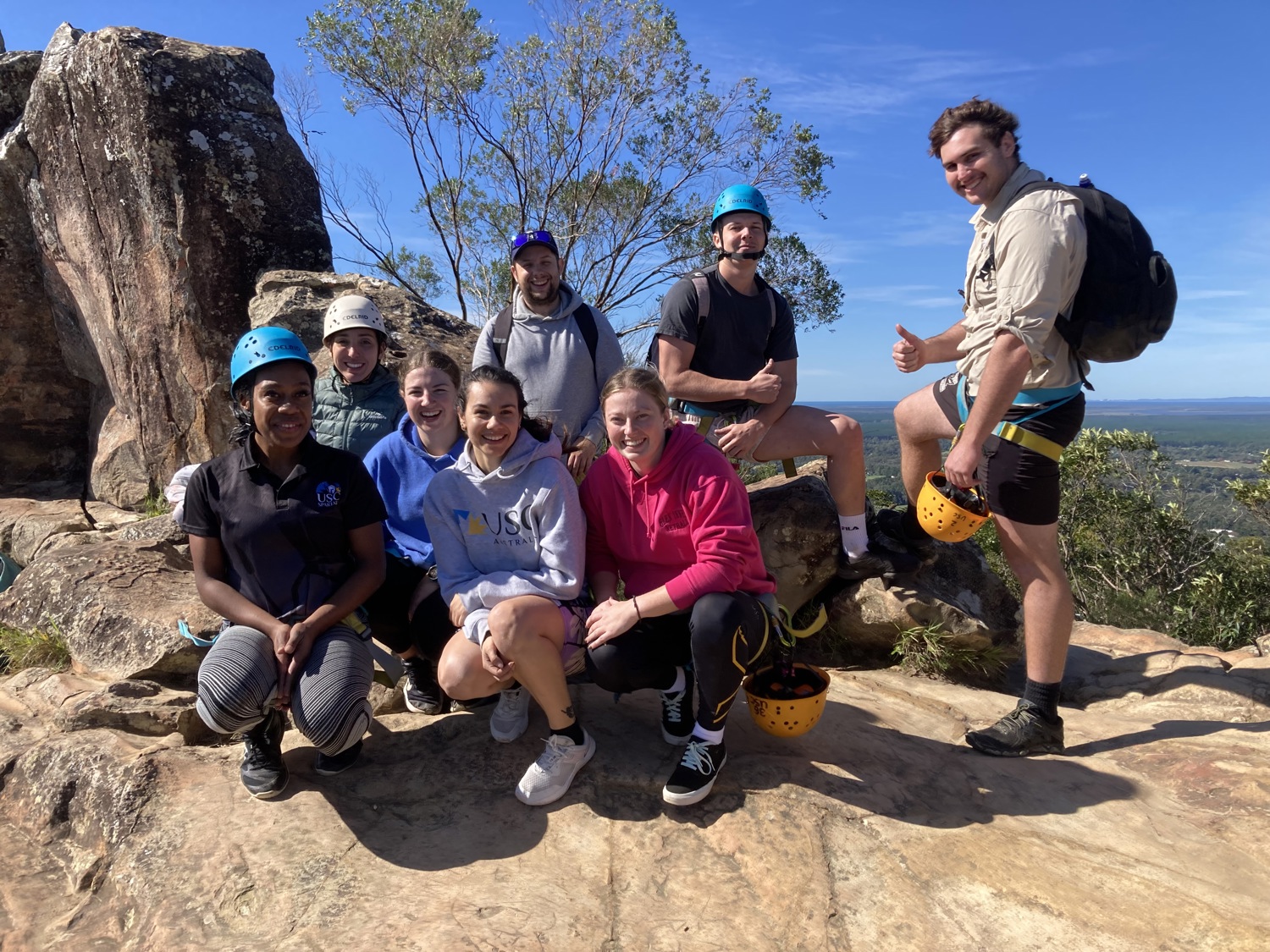Asha Chalmers was sick with stress. She pulled her car over to the side of the motorway to compose herself – she knew something had to change. She loved her job – she’d dreamed of becoming a gymnastics coach since she was a child. But it was burning her out.
“Nothing else had ever been on the cards for me – I’d been in love with the sport since I was five,” Asha says.
“In high school a teacher told me I wasn’t smart enough for uni so that just re-enforced my decision to start working straight out of high school.”
Those damaging words imprinted themselves on Asha’s consciousness in a way that would undermine her self-confidence and learning abilities for years to come.
After giving everything she had to gymnastics for the best part of a decade, Asha was burnt out – she knew change had to happen. But those words from her teacher – a trusted authority figure – were still rattling around her head.
“The love of the sport wasn’t enough to sustain me anymore so I had to make a really tough decision,” Asha says.
“It was scary, leaving job security. But it was more than that – I was worried about whether that teacher was right. What if I wasn’t smart enough to go to uni?”
Asha had previously had some contact with UniSC staff through the Indigenous Services team so that was her initial contact point with the university.
“I’d never even seen a university so it was kind of terrifying,” Asha says.
“But talking with the staff in Indigenous Services, they were so reassuring – I felt so welcome. Even after that first meeting I left feeling more confident than when I went in.”
Asha started studying a Tertiary Preparation Pathway – a free six-month program that helped her meet the prerequisites for Education, the degree she was interested in studying.
“During Orientation I went to all the workshops because I wanted to feel in control – I wanted to be prepared as possible walking into my degree,” Asha says.
“What surprised me was how easy it was to meet and connect with people at uni – that really helped me feel more comfortable very quickly.”
TPP program co-ordinator Dr Greg Nash said most people who hadn’t studied in a while, or who found high school difficult, were understandably nervous about university study.
“TPP is a great way to not only learn the basic academic skills to succeed at university, it’s also great for building confidence in your own academic abilities,” Dr Nash.
“A lot of people experience imposter syndrome. But our staff genuinely enjoy helping guide and support TPP students so they get a better understanding of their own abilities when they apply themselves.”

Tertiary Preparation Pathway
TPP gives you the study skills and knowledge to succeed at university, and provides a pathway to a USC degree.
Asha excelled through TPP, moving into the Education (Secondary) degree, which she combined with Recreation and Outdoor Environmental Studies – a perfect fit for the Kamilaroi woman.
“Growing up on Butchulla country in Hervey Bay and now living on Kabi Kabi country, having the opportunity to feel culturally connected is important to me. Whether that’s by engaging with the Buranga Centre on campus, talking with elders or through my degree”.
“It’s been really important for my health to have that sense of community. It’s something I can't live without.”
Asha is close to completing her degree but her future path is still unchosen. This time, however, she is approaching that cross-roads with a sense of excitement for what might come next – whether it’s teaching or more study or pursuing a career in outdoor education.
“Don’t ever use your previous experience as an indicator of who you will be in the future”, Asha says. “It won’t determine your future success”.

Bachelor of Recreation and Outdoor Environmental Studies
Make your outdoor lifestyle your job.
Media enquiries: Please contact the Media Team media@usc.edu.au

